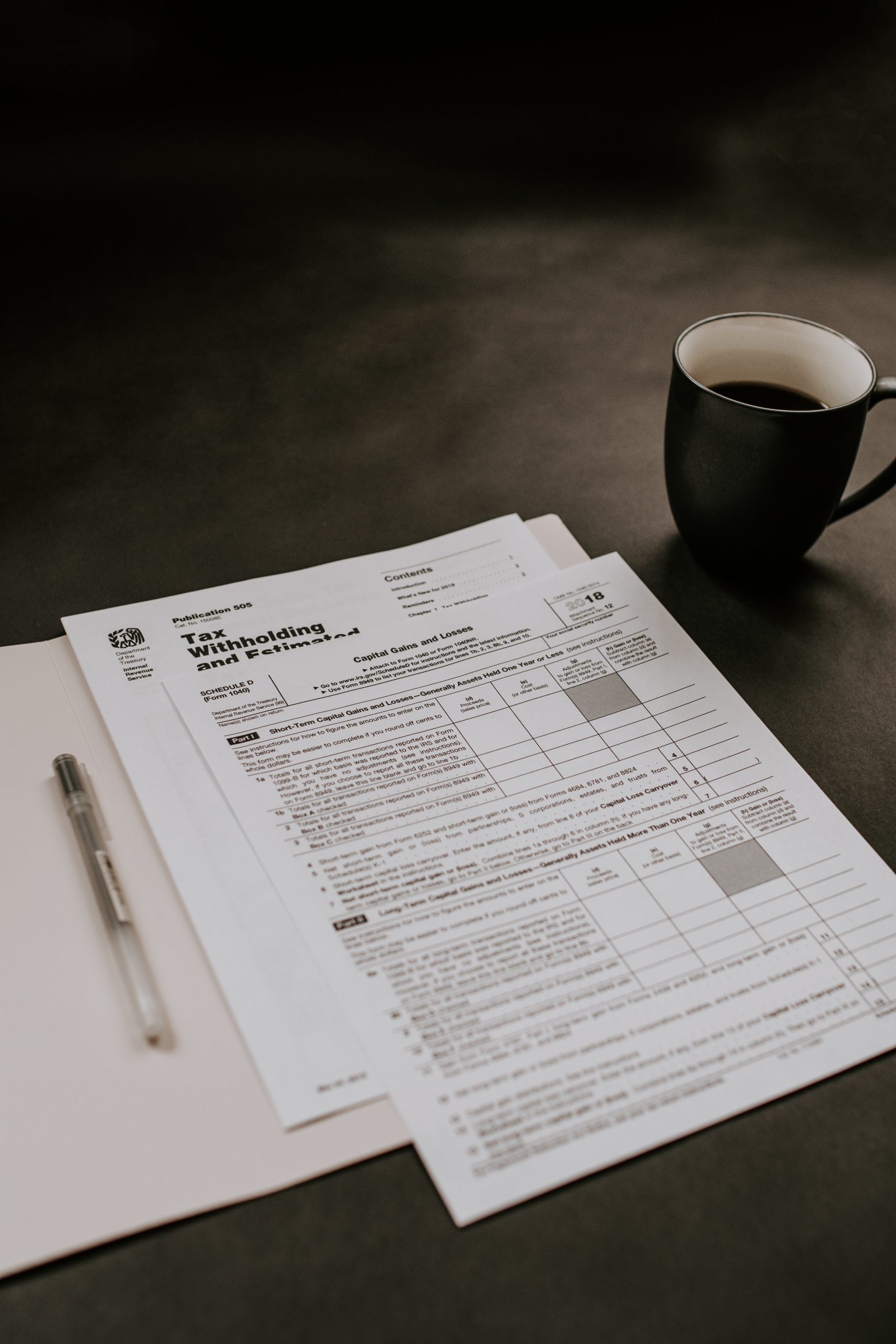
People living or working in the UK need to understand the local tax system. From UK tax rates and ways of paying taxes in the UK, to the definition of a UK tax resident, here we provide a detailed explanation of the UK tax system, focusing on UK Stamp Duty, property purchase tax in the UK, UK property tax, and UK inheritance tax.
Paying Taxes in the UK: Income Tax and Capital Gains Tax
The UK income tax system determines tax rates based on an individual's annual income. The tax-free allowance in the UK is £12,570, which means if your pre-tax income is below this number, you do not need to pay income tax. The part that exceeds the tax-free allowance is taxed at rates of 20%, 40%, or 45%, depending on your income level. In addition, when calculating UK taxes, you also need to consider whether you need to pay UK Capital Gains Tax, which is taken from the profit you make when you sell your assets, such as stocks or property.
UK Property Taxes: Stamp Duty and Property Tax
When purchasing property in the UK, the buyer needs to pay Stamp Duty Land Tax (SDLT). This tax is calculated based on the purchase price of the property, with tax rates ranging from 2% to 12%. The specific rate of this UK property purchase tax depends on the price of the property and whether the buyer is a first-time homebuyer.
People who own property in the UK also need to pay UK property tax, commonly known as Council Tax. This tax is usually paid once a year and is used to fund local government services. The amount of property tax depends on the area where your property is located and the value of the property.
UK Inheritance Tax: Impact on Hong Kong Parents
UK Inheritance Tax is a tax levied on the estate (including property, money, and other assets) of a deceased person. If the total value of the estate exceeds £325,000, a 40% inheritance tax is required to be paid on the excess. However, if your parents are residents of Hong Kong, their estate may not need to pay UK Inheritance Tax. However, if they own property or other assets in the UK, these assets may be liable for Inheritance Tax. Therefore, Hong Kong parents need to pay special attention to UK Inheritance Tax. Inheritance Tax (IHT) in the UK is based on domicile rather than residency. This means that if a person is deemed to be domiciled in the UK, their worldwide estate could be subject to UK IHT. However, a person is generally considered domiciled in the country where they have their permanent home. So, if your parents are domiciled in Hong Kong, only their UK assets would normally be subject to UK IHT.
Immigration to the UK - Asset Transfer: Tax Issues to Be Aware Of
For those planning to immigrate to the UK and transfer assets, it's important to understand that the UK's tax system may have implications for your asset transfers. Specifically, if you plan to sell assets (such as stocks or property) in the UK, you may need to pay Capital Gains Tax.



